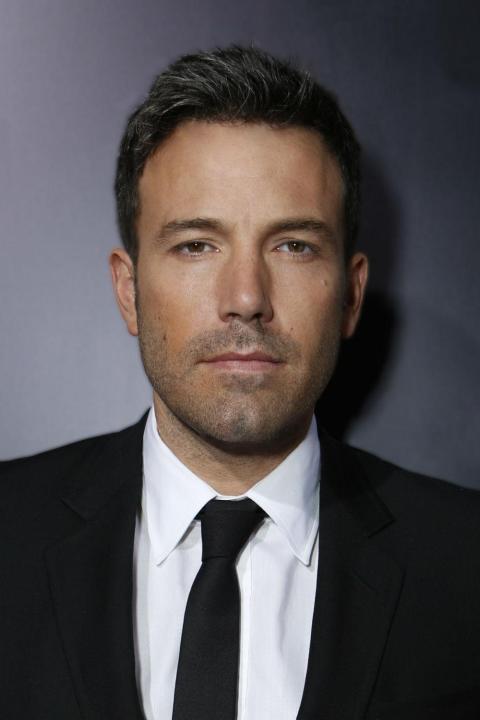
The casting of superhero movies is often fraught; fans have very specific visions for their ideal Bruce Banner or Superman, and when someone doesn’t meet their expectations, you’re going to hear about it.

While Affleck made an impressive career recovery as a respected director over the past few years, snagging an Oscar for Argo and doing his best to erase our collective memory of Gigli, some people haven’t forgotten this side of the actor:

As it turns out, no matter how much critical acclaim you amass, it’s really hard to erase the image of slathering oil on your pop star girlfriend’s body in a crappy music video. This is all to say that people are quite displeased that Affleck will play Batman in the upcoming sequel to Man of Steel.
The amount of shade thrown on Twitter was… prolific.
Now that he’s being played by Ben Affleck, I don’t feel bad that Batman’s parents were murdered.
— Bread Foster (@BreadFoster) August 23, 2013
We could easily embed about 20,000 tweets that echo the “Batfleck sucks” sentiment but a bunch of other websites already did that, so we’ll spare you. Some people with very misplaced prioritizes even decided to petition the White House about this casting decision. Because that’s really what they should be focusing on.

People responded enthusiastically about Hardy, and most of their tweets showed positive sentiment – this is to say they thought he was a good choice for a role.
The announcement of Affleck caused a sharp decrease in positive sentiments tweeted about the actor, although things are leveling out (perhaps because people are realizing that it’s crazy to get up in arms about an actor portraying a superhero before he gets a chance to actually do so… or maybe they’re remembering that plenty of people were angry about the casting of Heath Ledger as the Joker and now that’s considered one of, if not the all-time best superhero acting job).

